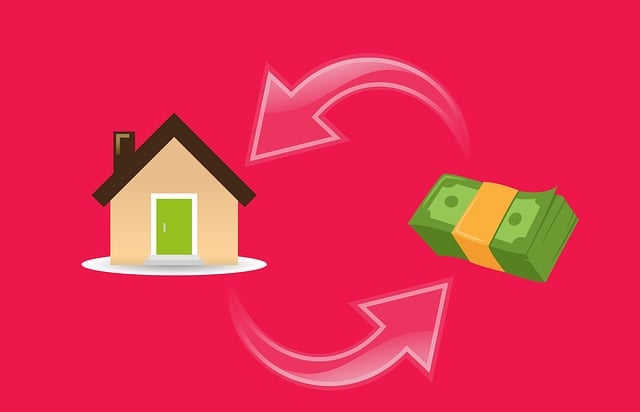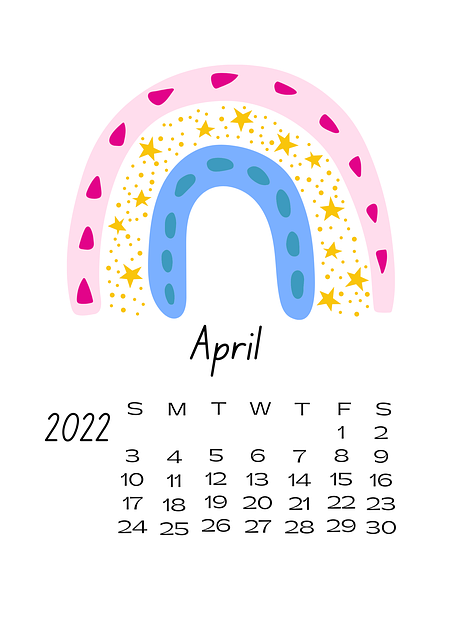Debt consolidation loans merge multiple debts with fixed rates and structured monthly payments, lowering interest costs, simplifying management, and improving financial health. Assessing debts, income, and expenses is vital before choosing a plan from various options, including non-profit services or home equity loans. Understanding monthly payment structures and comparing lender terms ensures a tailored strategy for long-term stability. Consolidation significantly reduces interest charges and payments, alleviating stress and accelerating debt elimination to boost credit scores.
Struggling with a poor credit score due to overwhelming debts? A debt consolidation plan could be your path to financial repair. This comprehensive guide explores how debt consolidation loans can simplify your finances by combining multiple debts into one manageable payment. We’ll walk you through assessing your current situation, choosing the right plan, and comparing monthly payment options. Discover the benefits of reduced interest rates and learn effective strategies for successful debt repayment.
- Understanding Debt Consolidation Loans
- Assessing Your Current Financial Situation
- Choosing the Right Debt Consolidation Plan
- Comparing Monthly Payment Options
- The Benefits of Reduced Interest Rates
- Strategies for Successful Debt Repayment
Understanding Debt Consolidation Loans

Debt consolidation loans are designed to simplify your repayment process by combining multiple debts into a single loan with a fixed rate and a structured set of debt consolidation loans monthly payments. This approach can significantly reduce your interest rates, making it easier to manage your finances. By consolidating your debts, you’ll no longer have to juggle multiple lenders and payment schedules. Instead, you’ll focus on paying off a single lender over an agreed-upon period.
Unlike credit cards that often come with high-interest rates and variable terms, fixed rate debt consolidation loans offer stability and predictability. This is particularly beneficial for those struggling with credit card debt, as it provides a clear path to repayment. By prioritizing consolidating your debts, you can improve your financial health and score, paving the way for better access to credit in the future.
Assessing Your Current Financial Situation

Assessing your current financial situation is a crucial first step in fixing a poor credit score through debt consolidation. It’s essential to understand the extent of your debt and create a realistic budget. Start by listing all your debts, including credit cards, personal loans, and any other outstanding balances. Calculate your monthly income and expenses, ensuring you’re aware of fixed costs like rent or mortgage payments, and variable expenses such as groceries and entertainment. This will help you identify areas where you can cut back to free up more money for debt repayment.
Next, consider the interest rates attached to each debt, especially those with high-interest charges. One advantage of fixed rate debt consolidation loans is they offer a consistent monthly payment and can significantly reduce overall interest costs compared to individual debts. This not only simplifies your financial situation but also helps you get out of debt faster. By strategically consolidating your debts, you can prioritize paying off the most expensive ones first while making manageable monthly payments on your consolidated loan.
Choosing the Right Debt Consolidation Plan

Choosing the right debt consolidation plan is a crucial step to fixing your poor credit score. It involves evaluating your financial situation and understanding various options available, such as debt consolidation loans with monthly payments tailored to your budget. Researching different lenders and comparing interest rates, repayment terms, and fees is essential. Opting for non-profit debt consolidation services or exploring home equity loans for debt consolidation can be beneficial if you have equity in your property, offering lower interest rates and potentially shorter term lengths.
Consider your current income, fixed expenses, and the amount you can comfortably allocate towards repayment each month. Debt consolidation loans designed for bad credit debt consolidation are available, but they may come with higher interest rates. Carefully review the terms and conditions of each plan to find one that aligns with your financial goals and helps improve your credit score over time.
Comparing Monthly Payment Options

When considering a debt consolidation plan, one of the most crucial aspects to evaluate is your monthly payment options. Debt consolidation loans typically offer flexible repayment terms, allowing borrowers to choose from various structures. This decision significantly impacts your financial burden and overall debt management strategy. By comparing different loan providers and their interest rates, you can find a suitable debt consolidation loan that aligns with your budget.
Exploring short-term debt consolidation strategies is another way to manage monthly payments effectively. While these plans might have slightly higher interest rates, they provide an opportunity for faster debt repayment. Understanding how debt consolidation works in terms of payments is essential. It involves consolidating multiple debts into a single loan with a potentially lower interest rate, making it easier to budget and pay off your debts over time.
The Benefits of Reduced Interest Rates

One of the most significant advantages of a debt consolidation plan is the potential to secure lower interest rates on your loans. When you have multiple debts with varying interest rates, consolidating them into one loan can simplify your financial situation. With a debt consolidation loan, you essentially replace several high-interest payments with a single, more manageable payment with a potentially lower overall interest rate. This can result in substantial savings over time, as the reduced interest charges mean less money spent on interest, allowing you to pay off your debt faster and more efficiently.
Additionally, a secure debt consolidation loan requirements often include lower monthly debt payments, making it easier for individuals to stick to their repayment plans. This support for debt consolidation in VA and beyond can provide much-needed relief from the stress of multiple payments and high-interest charges, helping you regain control over your finances and work towards rebuilding your credit score.
Strategies for Successful Debt Repayment

A successful debt repayment strategy heavily relies on creating a manageable plan that aligns with your income and budget. One effective approach is to consolidate debts, which involves combining multiple high-interest loans into a single loan with potentially lower interest rates. This strategic move simplifies your monthly payments by reducing the number of debts you need to manage. By consolidating debts for better management, you can make consistent progress towards paying off your balance.
When considering debt consolidation strategies, focusing on short-term solutions can help you get out of debt faster. This involves aggressively paying down the consolidated loan while making on-time monthly payments. Prioritizing timely payments is crucial as it not only reduces accumulated interest but also sets a positive repayment history, which can significantly impact your credit score over time. Remember, sticking to a disciplined repayment plan is key to achieving financial freedom and improving your overall debt management.
Debt consolidation loans can be a powerful tool to fix poor credit scores by offering manageable monthly payment options and significantly reducing interest rates. By understanding your financial situation, choosing the right plan, and implementing successful repayment strategies, you can take control of your debt and work towards rebuilding your credit. Remember, consistent effort and discipline are key to achieving long-term financial health.
